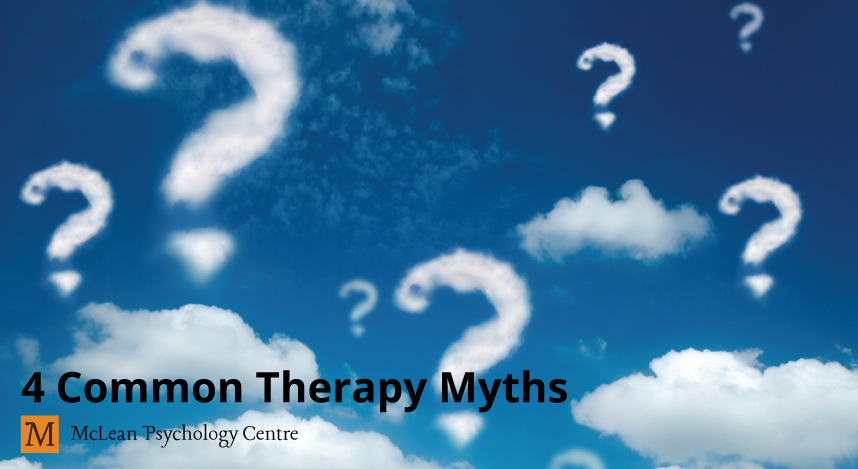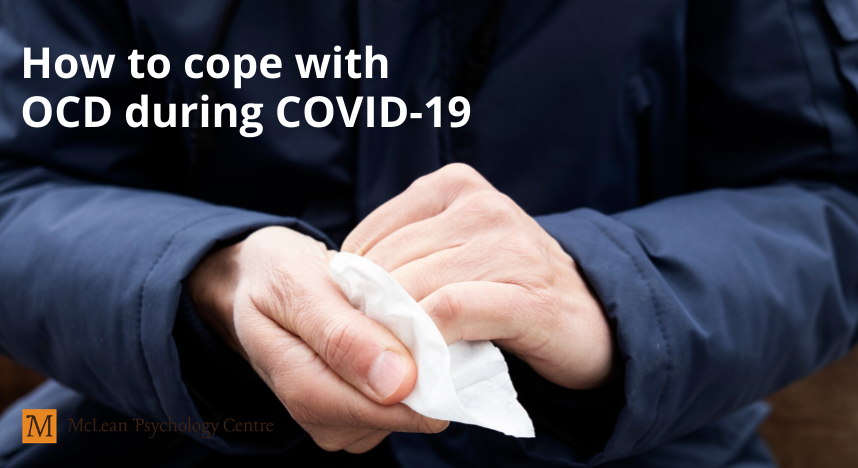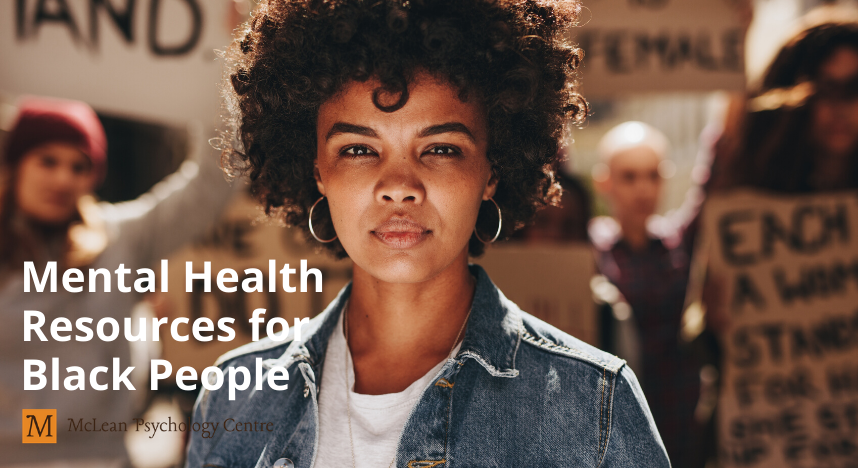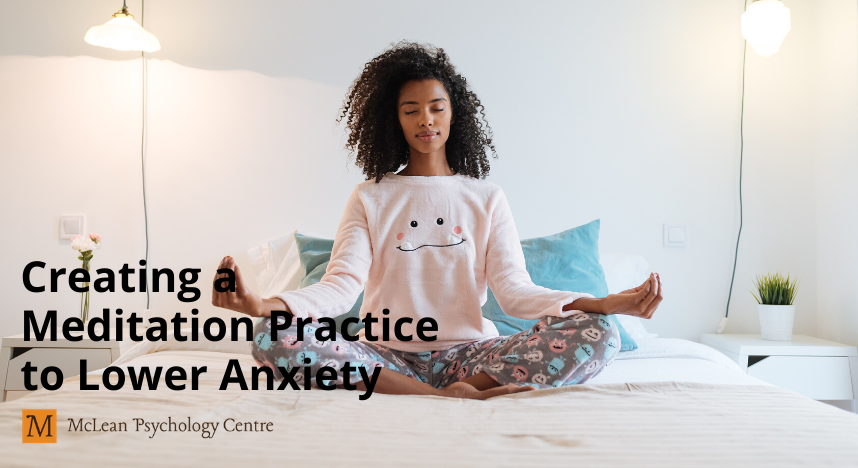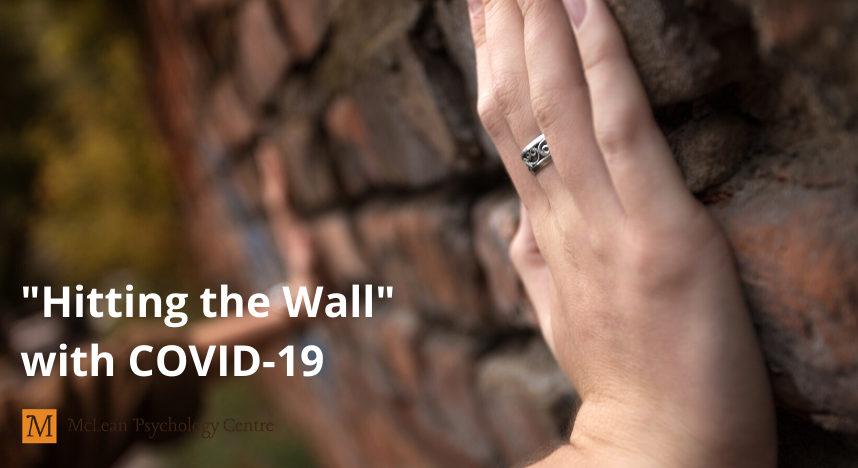There are many misconceptions about mental illness in our society. These misconceptions have turned into harmful stigmas that prevent people seeking help they truly need. People with mental health issues are seen as weak or unstable, when nothing could be farther from the truth.
Many of the stigmas surrounding mental health relate directly to therapy. While people who are seeing a therapist are often reluctant to say so, there are also powerful therapy myths that can prevent those who might benefit from it from seeking it in the first place.
Here are a few of the most pervasive myths about therapy, and the real truth around them.
Therapy is for people who can’t solve their own problems
Sure, that’s possible. You could also find talking to a friend about issues helpful, but ultimately, the reason for seeing a therapist is to gain insight into yourself and how you handle problems. Those insights can help you find different coping mechanisms, which can lead to a happier life. Remember: therapists won’t hand you ready-made solutions to your problems, they will only help to guide you to finding the right path for you.
Therapy is for people who are “crazy”
Therapy is for everyone, if they wish to engage in the process. The term “crazy” isn’t a positive one, and it is often applied to those with serious mental illnesses like bipolar disorder, schizophrenia, or Obsessive Compulsive Disorder. While those people aren’t “crazy” – they’re sick – therapy can help them, but they are not the only ones. If you are struggling with an issue of any kind – grief, doing poorly at school, an eating disorder, anxiety, depression – therapy can help, but only if you wish to engage with the process. Therapy is work, and requires you to want to be there to feel better and find coping mechanisms.
Therapy is for whiners
Perhaps one of the most toxic (and pervasive) myths about therapy is that people pay to have someone listen to their complaints. Nothing could be father from the truth. Therapy takes many forms: Sometimes it is structured with specific goals in mind, sometimes it is more fluid allowing for an exploration of life experiences and memories, sometimes it is something completely different. Therapy is directly for the benefit of the person receiving it, and it can be very hard work. Sorting through past emotions, experiences, and sometimes trauma, is difficult. There is definitely no room for “whining” in the process.
Therapy is for people who won’t/don’t take medication
There is no question that there is a role for medication in the treatment of mental health issues, and many people can manage their symptoms with medication alone. It is important to understand that the medication is intended to be a bandage, while therapy is intended to help the healing. For some, therapy is enough to begin seeing real change in their symptoms, but for others, medication is necessary to assist in clearing symptoms so that change can happen.
These therapy myths often prevent people from getting the help they need to heal. Sometimes the easiest way to understand what therapy is about, and what it could mean for you, is to sit down with a therapist for a consultation. McLean Psychology Centre is booking consultations now. Click here to discover more.

